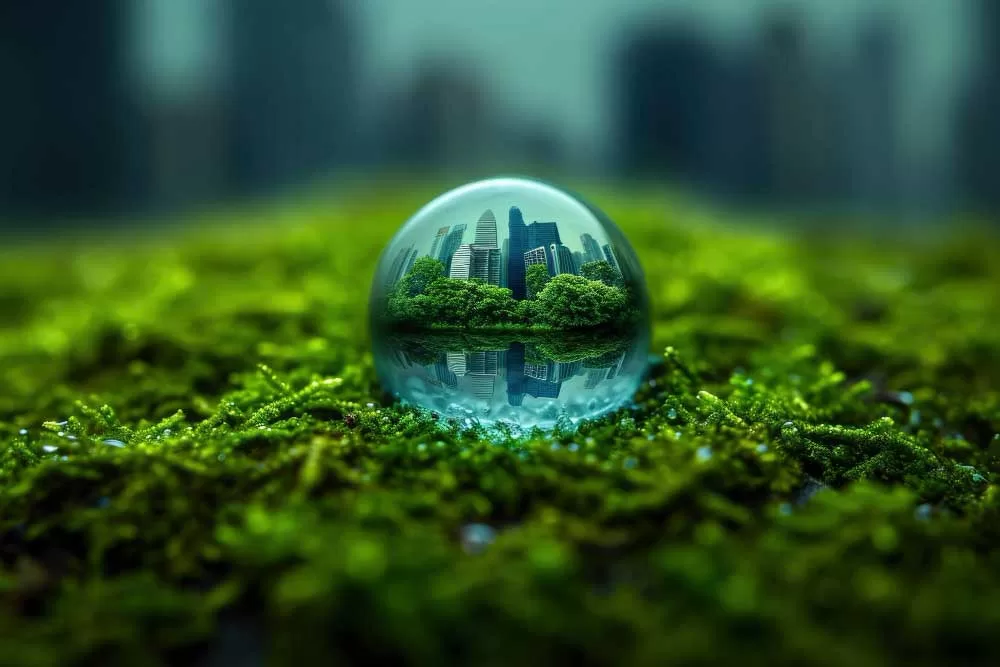Artificial intelligence (AI) is rapidly evolving and reshaping various industries. One of its most promising applications lies in the realm of environmental sustainability. By leveraging AI’s capabilities, we can accelerate the development of innovative solutions to combat climate change and environmental degradation and achieve a sustainable future.
Accelerating Scientific Discovery
AI’s ability to analyze vast amounts of data and identify patterns can significantly expedite scientific research. This can lead to groundbreaking discoveries in renewable energy technologies, materials science, and ecological systems. For instance, AI-powered simulations can help scientists design more efficient solar cells or develop novel materials with superior energy storage properties.
Optimizing Renewable Energy
AI algorithms can optimize the performance of renewable energy sources like solar and wind power. By predicting energy output and demand, AI can help balance the grid and reduce reliance on fossil fuels. Companies like Google are already using AI to optimize their data centers’ energy consumption, leading to significant reductions in carbon emissions.
Revolutionizing Agriculture
Precision agriculture, powered by AI, is transforming the way we farm. By analyzing data on soil conditions, weather patterns, and crop health, AI can help farmers optimize irrigation, fertilization, and pest control. This leads to increased crop yields, reduced water and pesticide use, and ultimately, a smaller environmental footprint.
Monitoring Our Planet
AI-powered satellite imagery and remote sensing technologies enable us to monitor deforestation, pollution, and other environmental threats in real-time. Organizations like Conservation International use AI to detect illegal logging and poaching, allowing for swift intervention and protection of endangered species and ecosystems.
Real-World Examples
- Google’s AI-Powered Data Centers: Google has implemented AI-driven systems to optimize energy consumption in its data centers, leading to significant energy savings.
- Conservation International’s AI for Conservation: This organization uses AI to analyze satellite imagery and detect illegal activities in protected areas, helping to preserve biodiversity.
- Precision Agriculture with John Deere: John Deere’s AI-powered farming equipment can optimize planting, harvesting, and other agricultural processes, reducing environmental impact.
The Road Ahead
While AI holds immense potential for environmental sustainability, it is crucial to develop and deploy these technologies responsibly. Ethical considerations, such as data privacy and algorithmic bias, must be addressed to ensure that AI is used for the benefit of humanity and the planet.
By harnessing the power of AI, we can accelerate our transition to a more sustainable future. However, it is essential to remember that AI is a tool, and its impact depends on how we choose to use it.



